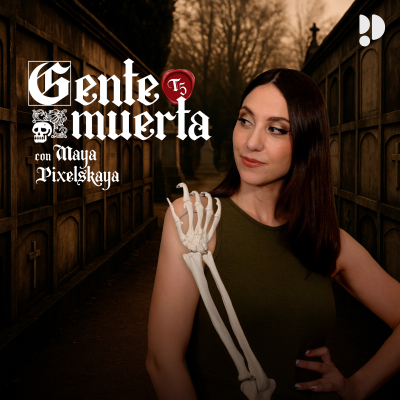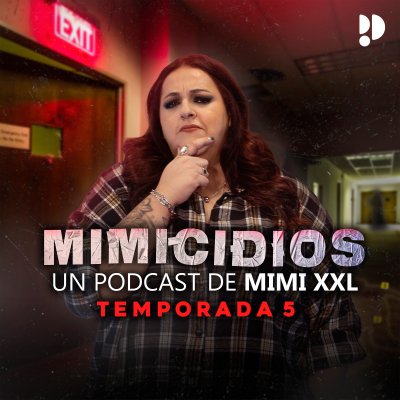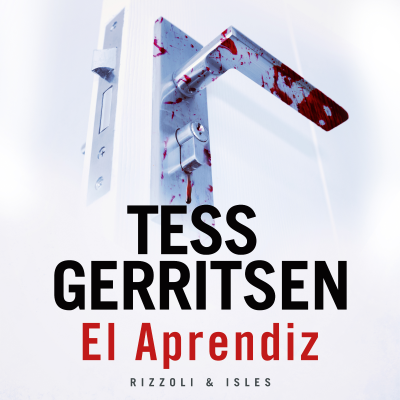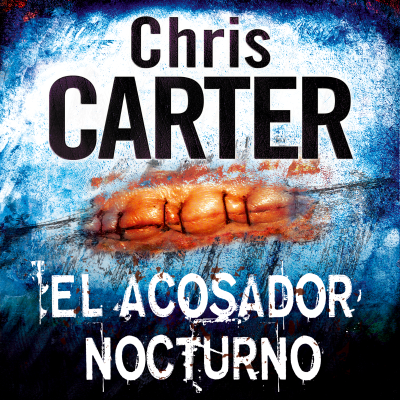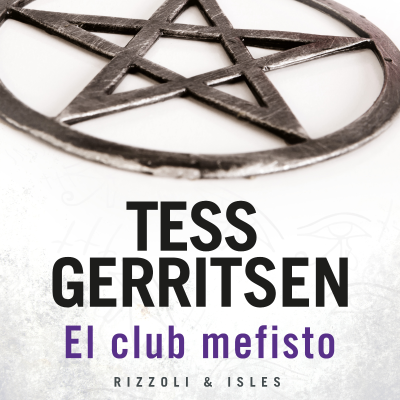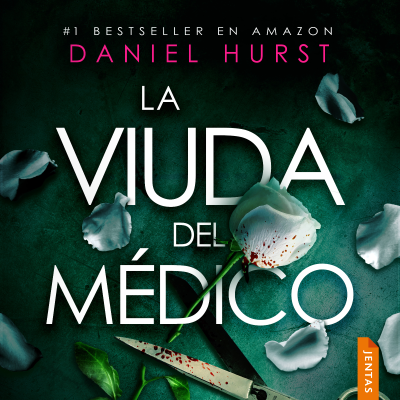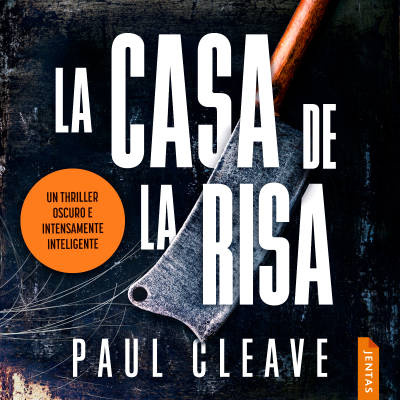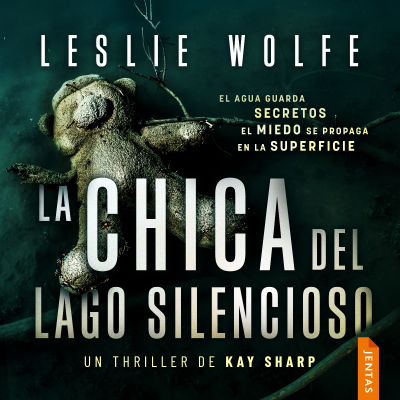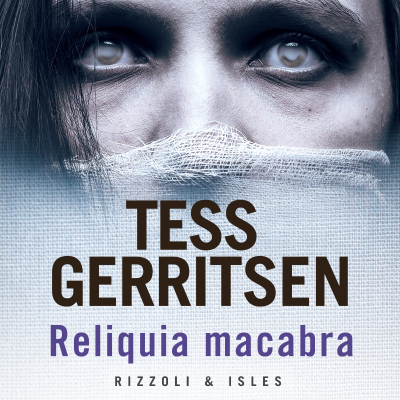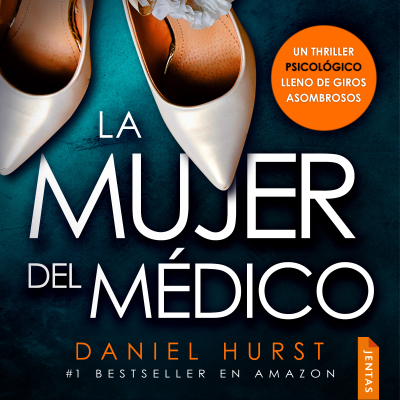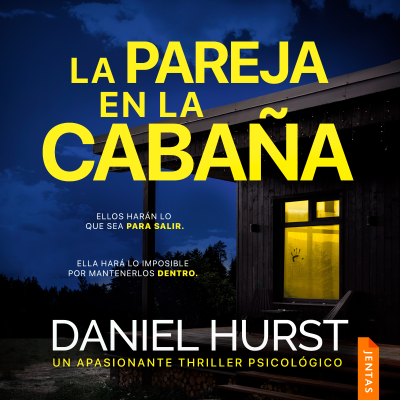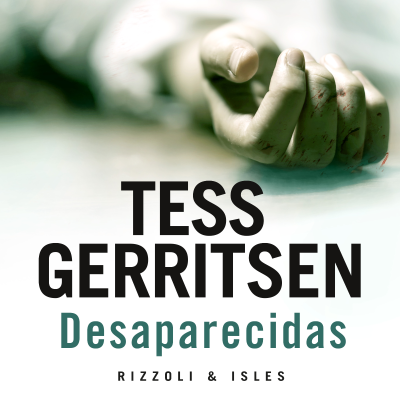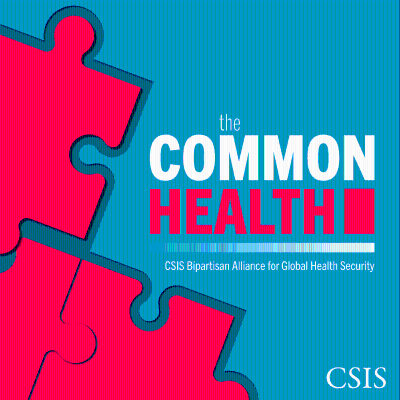
Take as Directed
Podcast de CSIS Global Health Policy Center | Center for Strategic and International Studies
Take as Directed is the podcast series of the CSIS Global Health Policy Center. It highlights important news, events, issues, and perspectives in global health policy, particularly in infectious disease, health security, and maternal, newborn, and child health. The podcast brings you commentary and perspectives from some of the leading voices in global health and CSIS Global Health Policy Center in-house experts
Disfruta 90 días gratis
9,99 € / mes después de la prueba.Cancela cuando quieras.
Todos los episodios
305 episodiosFabrizio Carboni, head of the ICRC delegation to the US and Canada, speaks to his vast experience in the wars of the past two decades, including the profound impact of 9/11 (2001) in integrating humanitarian action into battlefield strategies—including the targeting of humanitarian operations. Today, almost 25 years later, we are witnessing unrestrained violence, limitless war, and flagrant disregard for International Humanitarian Law. The emotional, psychological dimensions are poorly understood. Political leadership is essential whenever soldiers are asked to respect IHL. The most dangerous moment is when states argue that they are fighting a "survival war" that they believe is exceptional. Does the Trump administration honor IHL or seek a "realist" American First alternative? It is too early to reach a conclusion: "There is no rupture." It is also too early to know how deep cuts in US foreign assistance will impact ICRC and the broader global response to humanitarian crises. ICRC does remain a "soft target," increasingly exposed. It is striking how a single actor—the United States—can be so "steep" in changing its course. It shifts the ground towards deeper burden-sharing and inspires a debate on what the new architecture will be, with far less money. ICRC has just recently repatriated the remains of 6,000 persons killed in the Russian war against Ukraine. In Gaza there is no way for ICRC to avoid getting hit from all directions. 2,200 Gazans were recently shot or hit with shrapnel while approaching the Gaza Humanitarian Foundation food distributions. "Those numbers are unacceptable."
In the thirteenth episode of The CommonHealth Live!, Katherine E. Bliss and J. Stephen Morrison discuss the outcomes of the June 25 Health and Prosperity through Immunization Global Summit, co-hosted in Brussels by Gavi, the Vaccine Alliance, the European Union and the Gates Foundation. During the Summit, Gavi aimed to secure pledges of $11.9 billion to save at least 8 million lives and protect at least 500 million children from vaccine preventable diseases between 2026 and 2030. While several countries maintained longstanding commitments to the Alliance, and new donors, including current and former implementing countries, stepped up to contribute, Gavi still faces a funding shortfall. U.S. Secretary of Health and Human Services Robert F. Kennedy, Jr.’s video statement expressing concern over Gavi’s approach to vaccine safety before stating that the United States would not renew its support raises questions about how the Alliance can close the funding gap to meet the ambitious goals set forth in the next phase of work. The conversation highlights takeaways from the pledging session outcomes from the CDC’s Advisory Committee on Immunization Practices (ACIP) meeting the same day, and what recent events mean for the future of U.S. approaches to global immunization programs.
Sheryl Gay Stolberg, NYT, delves into what direction HHS Secretary Kennedy is taking US policy. He operates along two divergent strands – vaccines and the Make American Healthy Again (MAHA) agenda. “Kennedy is by nature a skeptic” and has a “love of nature, and all things holistic.” He has expanded the power of the office, specifically with regard to Covid vaccines, with the CDC leaderless. The newly released MAHA commission report on chronic disease among children, “the sickest generation in American history,” spotlights ultra-processed food—the strongest and most bipartisan argument contained in the report. While the report is restrained on childhood vaccines and pesticides, it is likely to lead to more work on mental health disorders among children. Sheryl ventured to Texas recently to visit with the founders of Texans for Vaccine Choice, “mad moms in minivans” committed to medical freedom with longstanding links to RFK Jr. For a decade they have scored wins in the Texas legislature. “Defiant” and “entitled,” the Secretary asserts that Americans should not ask any medical advice from him, a deliberate deflection. Dr. Casey Means, nominated to be US Surgeon-General, has already demonstrated she is a strong communicator. It would not be surprising if Kennedy runs in 2028 for the Presidency.
For Helen Branswell, the celebrated Stat News reporter, the SARS outbreak of 2003, while she was based in Toronto, was a thunderclap moment. Jump forward 22 years: Secretary Kennedy on May 28, posted a one-minute video on X announcing he is not recommending Covid vaccines for healthy children and pregnant women -- an “unprecedented” unilateral decision without any normal process. “It came out of the mind of the individuals who wrote it.” What does this bold step signal? The public is voting with its feet in the low uptake of Covid vaccines by the older and more vulnerable population. Yet it is not clear why the government has to take active measures to make vaccines less available to healthy individuals. CDC should play a lead role in deliberations but is cut out. The CDC director position is vacant, and no acting director is in place. Will vaccine producers need to run new field trials for updated boosters? “They (the Trump administration) have been quite unclear in what they are asking for.”127 days into the second Trump administration, how to characterize things? “I would characterize it as exhausting.” “The change has been massive, and it is not over.” What gives you hope? “That is a very hard question.”
In this episode, Dr. Kate O’Brien, Director of the Department of Immunization, Vaccines, and Biologicals at the World Health Organization (WHO) shares her perspective on the state of global immunization programs halfway through Immunization Agenda 2030; the challenges associated with current measles outbreaks in the United States and around the world; why people who have never seen children die from preventable diseases may seem complacent about vaccines; steps that can be taken to strengthen vaccine confidence while ensuring equitable access to immunization programs; and what’s at risk as the United States and other funders cut support for biomedical research and development at a moment when there are numerous promising products to prevent infectious diseases in the research and development pipeline.
Disfruta 90 días gratis
9,99 € / mes después de la prueba.Cancela cuando quieras.
Podcasts exclusivos
Sin anuncios
Podcast gratuitos
Audiolibros
100 horas / mes







